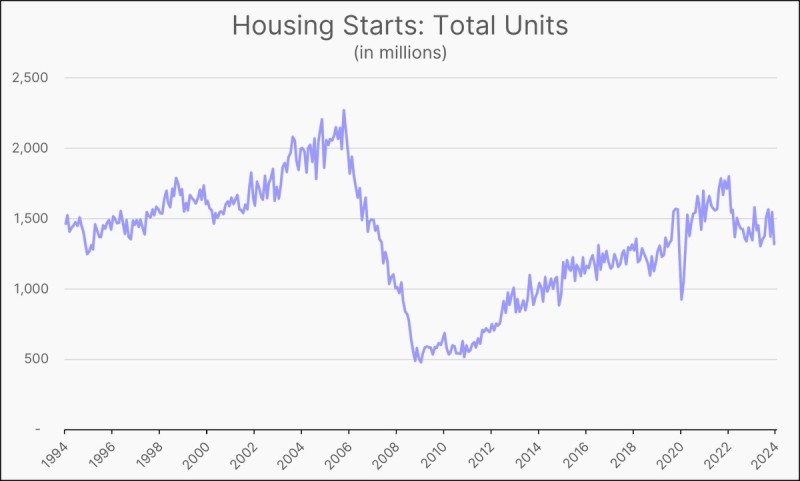Advertisement
CFPB and FTC Crack Down on Deceptive Mortgage Ads

After reviewing hundreds of mortgage advertisements, the Federal Trade Commission (FTC) staff has sent letters to 20 companies, warning them that their ads may be deceptive. The FTC sent its warning letters to real estate agents, home builders, and lead generators, urging them to review their advertisements for compliance with the Mortgage Acts and Practices Advertising Rule and the FTC Act. The FTC sent the letters in coordination with the Consumer Financial Protection Bureau (CFPB), which issued warning letters to approximately a dozen other companies. The CFPB sent its warning letters to mortgage brokers and lenders. Both agencies have opened nonpublic law enforcement investigations of other advertisers that may have violated federal law.
“Misrepresentations in mortgage products can deprive consumers of important information while making one of the biggest financial decisions of their lives,” said CFPB Director Richard Cordray. “Baiting consumers with false ads to buy into mortgage products would be illegal. We will conduct a fair and rigorous investigation into these issues and will take appropriate action for any violations we find.”
The CFPB and FTC's actions stem from a joint “sweep,” a review conducted of approximately 800 randomly selected mortgage-related ads across the country, including ads for mortgage loans, refinancing, and reverse mortgages. The agencies looked at public-facing ads in newspapers, on the Internet, and from mail solicitations; some came to the attention of the CFPB and the FTC from consumers who complained about them. The agencies seek to spur compliance with the Mortgage Acts and Practices Advertising Rule, known as Regulation N since rule making authority for it transferred from the FTC to the CFPB. The rule prohibits material misrepresentations in advertising or any other commercial communication regarding consumer mortgages. The FTC and the CFPB share enforcement authority over non-bank mortgage advertisers such as mortgage lenders, brokers, servicers, and advertising agencies. Mortgage advertisers that violate the Rule may be required to pay civil penalties.
The agencies’ review revealed several types of troubling claims that could be misleading to consumers. Examples are illustrated in these “mock ads," for example:
►Advertisements offering a very low “fixed” mortgage rate, without discussing significant loan terms.
►Advertisements containing statements, images, symbols, and abbreviations suggesting that an advertiser is affiliated with a government agency.
►Advertisements “guaranteeing” approval and offering very low monthly payments, without discussing significant conditions on these offers.
Warning letters were issued to these compnaies that advise the recipients that their ads may violate federal laws, and that they should review all their advertising.
About the author





